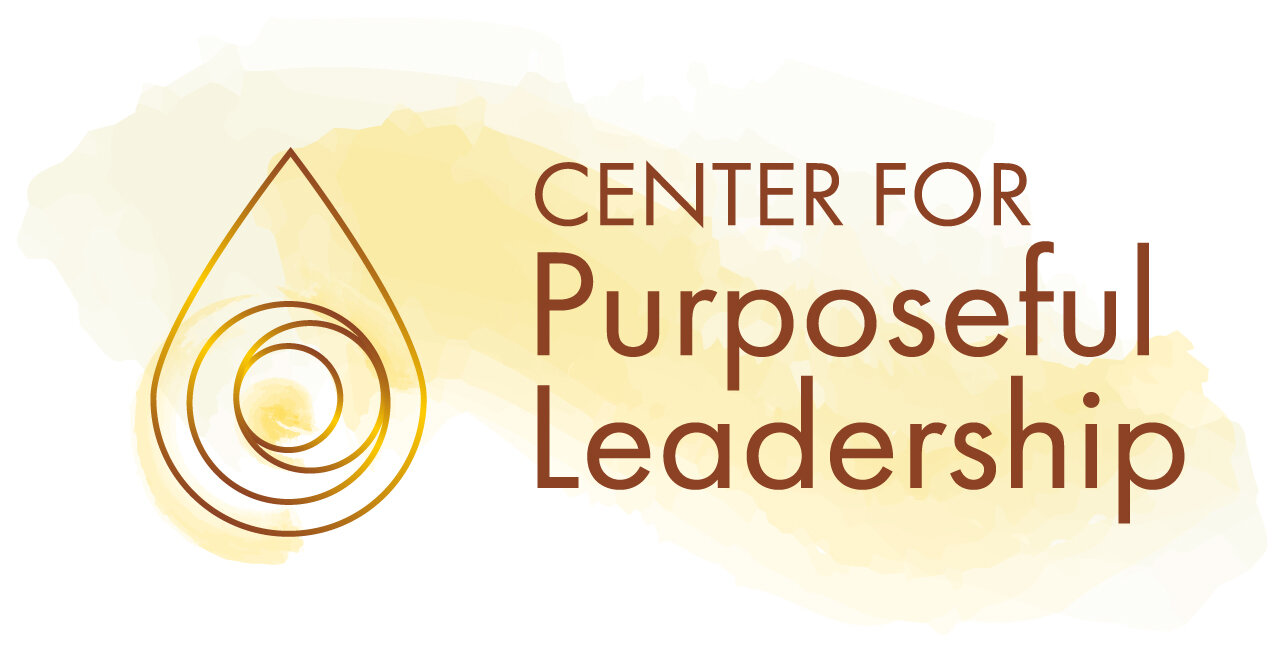Peacemaking from a Rwandan Perspective: Part I
/Peacemaking from a Rwandan Perspective:
lessons learned from the 1994 Genocide and how they might apply to your communities and individual lives
with Jeremy Solomons and Merveille Anick Gakuba of Kigali, Rwanda
By Greta Seitz
As we reach the end of the current month highlighting Black History and Futures, we are met with a time of uncertainty and fear surrounding the growing turmoil between Russian and Ukrainian borders. For this reason we began this 94th Essential Conversation with “This Joy” by The Resistance Revival Choir, a reminder that joy is an act of resistance against the pain, hatred, and inhumanity we find plaguing our world. Upon convening, we examined as a group, “How do you bring peace, joy, and love in the midst of ongoing disruption?” The responses included small acts of personal preservation such as going outside, meditation and prayer, or receiving a hug.
During the conversation, we had the honor of meeting and hearing from Jeremy and Merveille Solomon. Jeremy is a peace activist speaking on the lessons from the Rwandan Genocide alongside his wife Merveille who courageously shared her personal account of the 1994 Rwandan Genocide and the weight she experiences today because of it. Merveille’s tearful recount, while heartbreaking, is a moving reminder of the power and impact of love and hope. She reminds us of the very powerful choice we have to choose happiness, joy, and love even when we are overcome with pain, grief, and hopelessness. Let it be known this is no easy feat. It is through her beaming smile we see her strength to overcome trauma through the courageous act of forgiveness and promoting kindness even when your heart is hurting. Merveille’s story reminds us of the sacredness of storytelling, the necessary act of listening, and the importance of remembering history in order to bring awareness and guidance towards our future.
Given the impact of such powerful virtues discussed in Merveille’s story, the breakout groups were met with the question of “How can we build love and hope in our communities?” With that, I think it is important to ask ourselves, “What is our responsibility as a global community to ourselves and others? What is the tangible impact we can have?” At the end of the day it is through our actions; big or small, our actions speak volumes. Maybe you are called to volunteer and aid in larger efforts in your community. Contributions could also take shape on a much smaller scale in daily life, choosing love in every moment and leading by example for others. In life we experience people who may not think the same way we do, and while we cannot change their lived experience which has caused them to think a certain way, we can chose compassion over judgement and allow ourselves to act from our hearts and not our critical minds. In doing so we are reminded of our shared humanity, opening up the possibility for listening, sharing, understanding, and empathy for one another.
As we continue to observe the disheartening events unfolding across the globe, let us be reminded of our call to serve one another in whatever capacity we can. This may be extending your love, thoughts, or prayers to those who are struggling or contributions of money, time, etc. Lastly, I would like to share some of the impactful words which emerged throughout the conversation for further reflection, may they inspire a call to action in whatever form it may be.
Join next weeks Essential Conversations: 3/7: Peacemaking from a Rwandan Perspective: Part 2 Jeremy & Merveille Solomons




